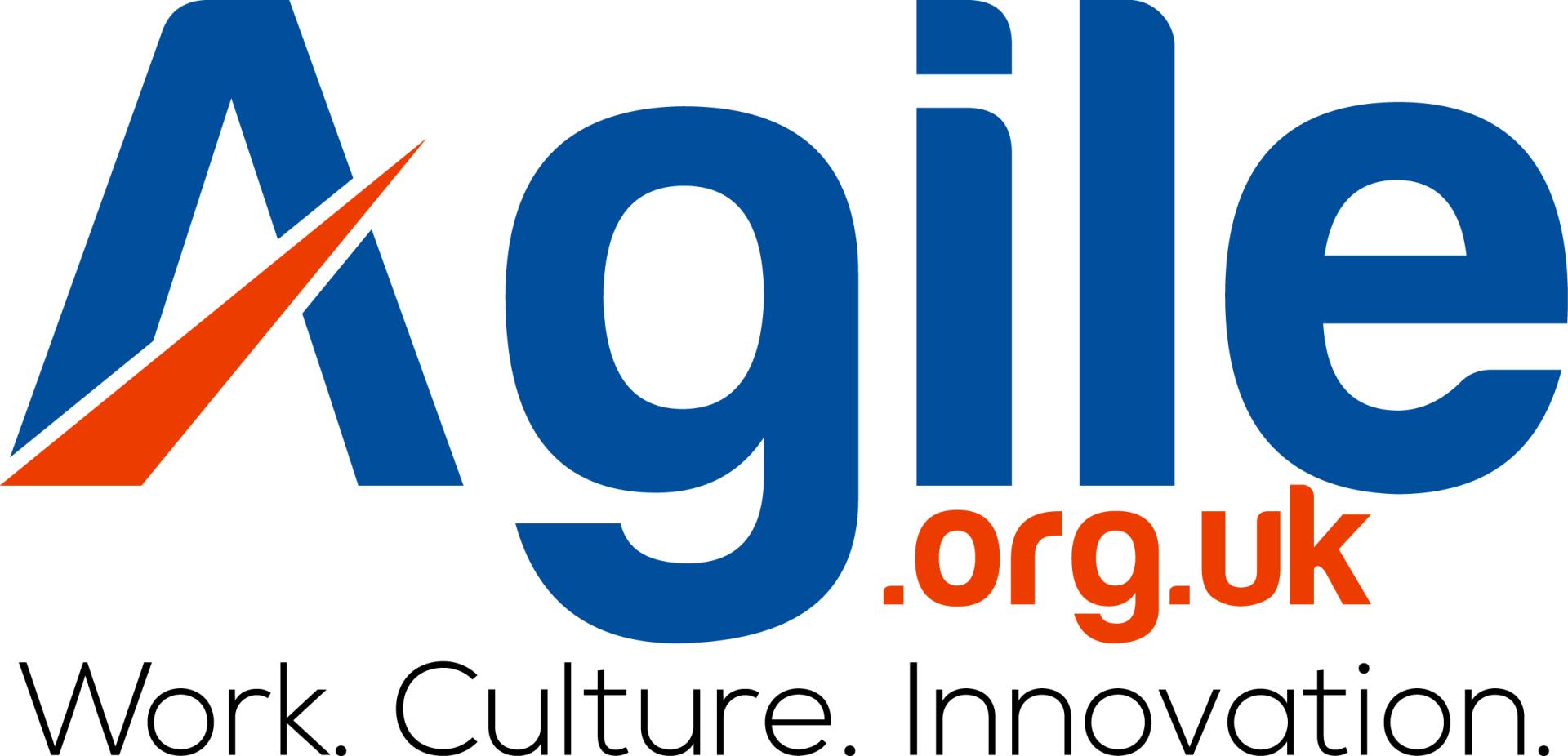Discover essential guides and resources designed to support Agile working, innovation, and best practices—empowering teams and organizations to thrive through agility and continuous improvement.
📘 Foundational Guides
Agile Practice Guide (PMI & Agile Alliance)
A comprehensive guide offering tools, situational guidelines, and insights into various Agile approaches beyond software development.
View ResourcePractical Adoption of Agile Methodologies (APM)
A research report exploring factors influencing successful Agile adoption across project lifecycles, providing practical insights for teams.
View Resource🏛️ Government & Public Sector Guidance
Agile Tools and Techniques – GOV.UK Service Manual
An official guide detailing Agile tools and techniques to help digital service teams self-organize, plan, and continuously improve their work.
View ResourceContracting for Agile – UK Government Guidance Note
Provides guidance on applying commercial principles to Agile project delivery, including recommended pricing models and procurement strategies.
View ResourceBenefits of an Agile Approach – Local Government Association
A case study highlighting how Agile methodologies improved service delivery and team capabilities within local government contexts.
View Resource🧰 Tools, Techniques & Frameworks
Agile Methods Overview – GOV.UK
Introduces popular Agile methods like Scrum, Kanban, and Lean, explaining their principles and applications in service development.
View ResourceAgile Practice Guide Key Pages (PMI)
A distilled version highlighting essential sections of the Agile Practice Guide, including servant leadership and Agile PMO concepts.
View Resource🏢 Organizational & Strategic Insights
Use of Agile in Large-Scale Digital Change Programmes (NAO)
Analyzes the application of Agile methodologies in large-scale government digital projects, discussing governance and control aspects.
View ResourceAgile in the UK Government: An Infiltrator’s Secrets – Agile Alliance
An experience report detailing the challenges and lessons learned from implementing Agile practices within UK government departments.
View ResourceAgile Working Guidance for Staff – NHS Cheshire and Merseyside
Outlines the principles and benefits of Agile working within the NHS, emphasizing user-led requirements and flexible working arrangements.
View Resource